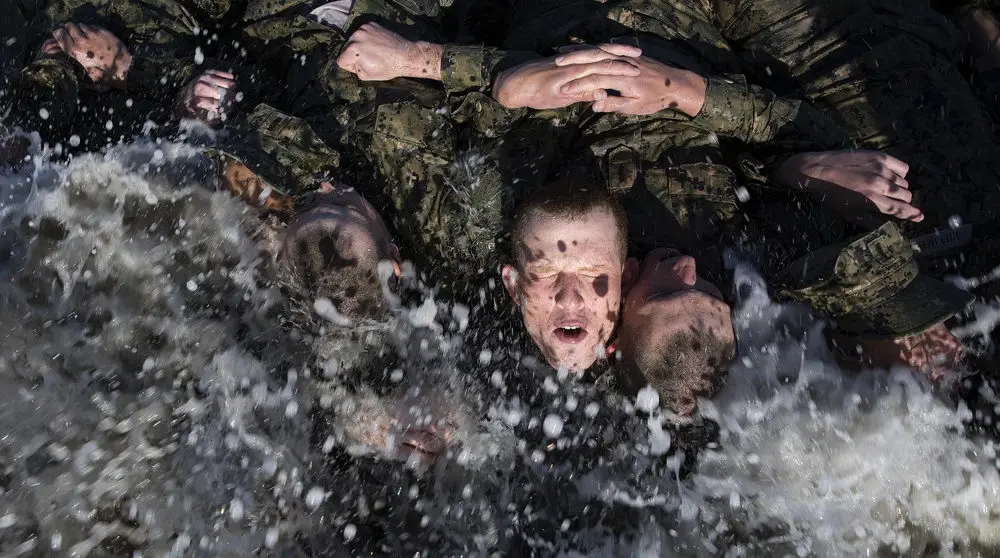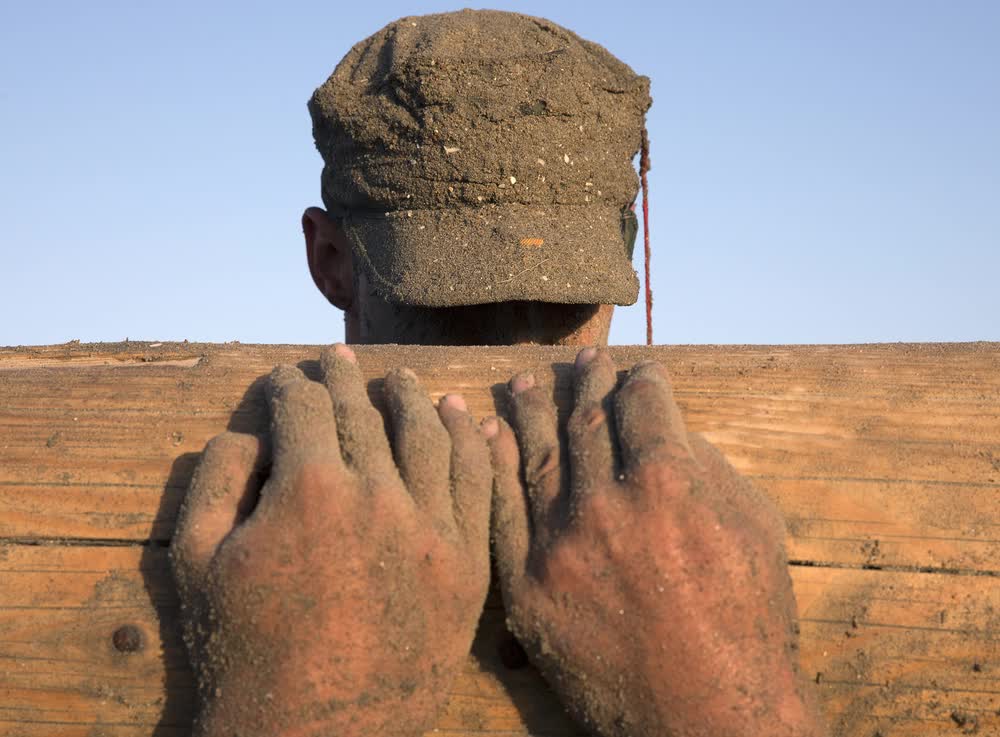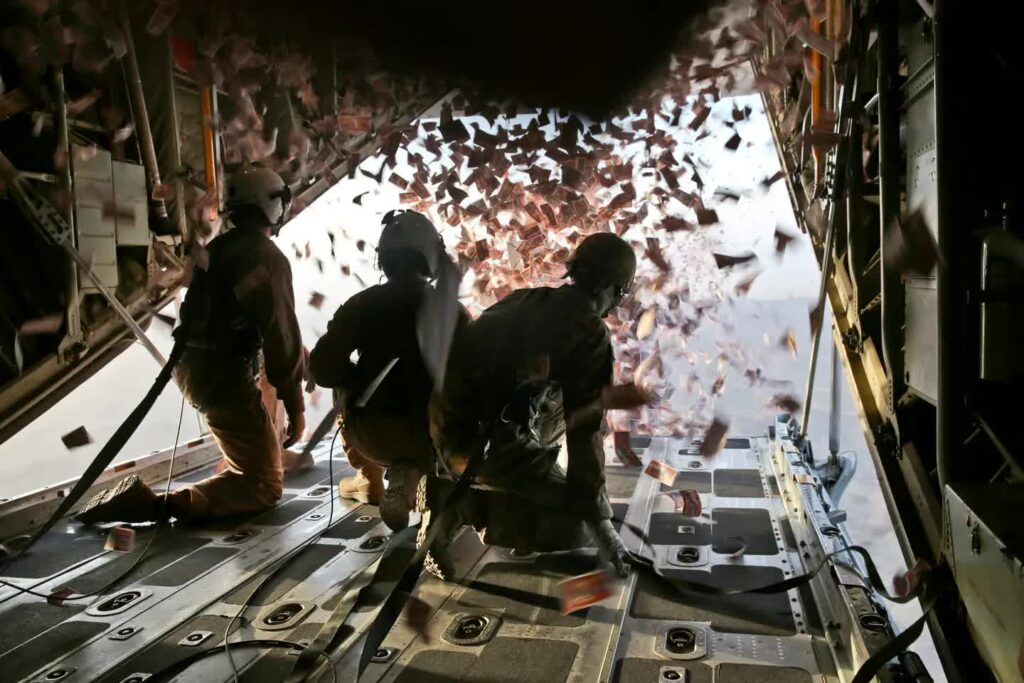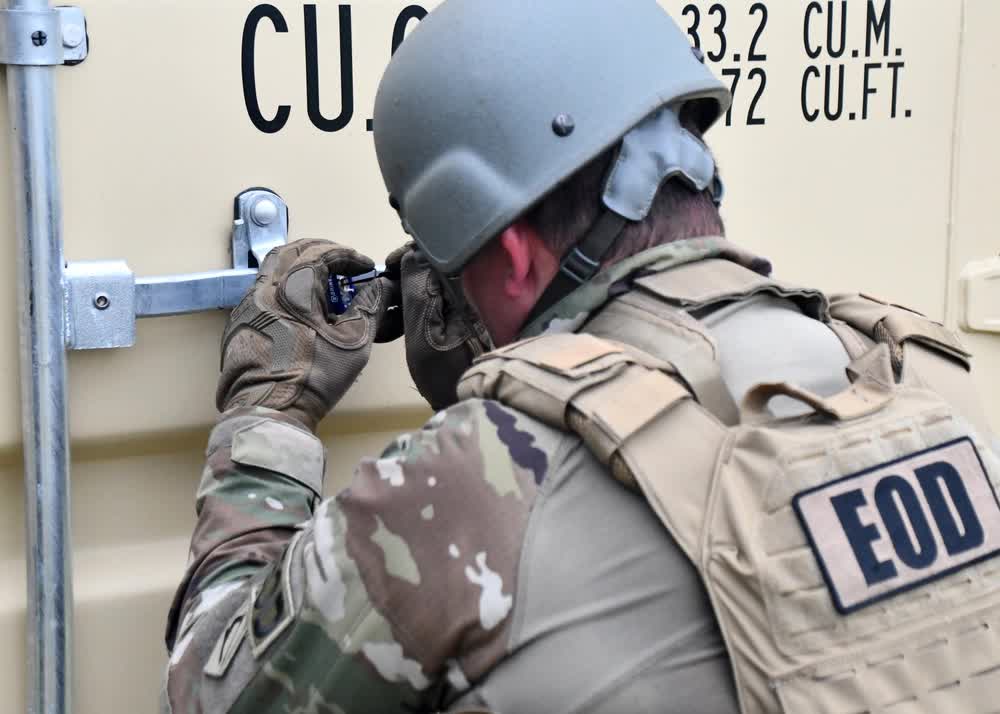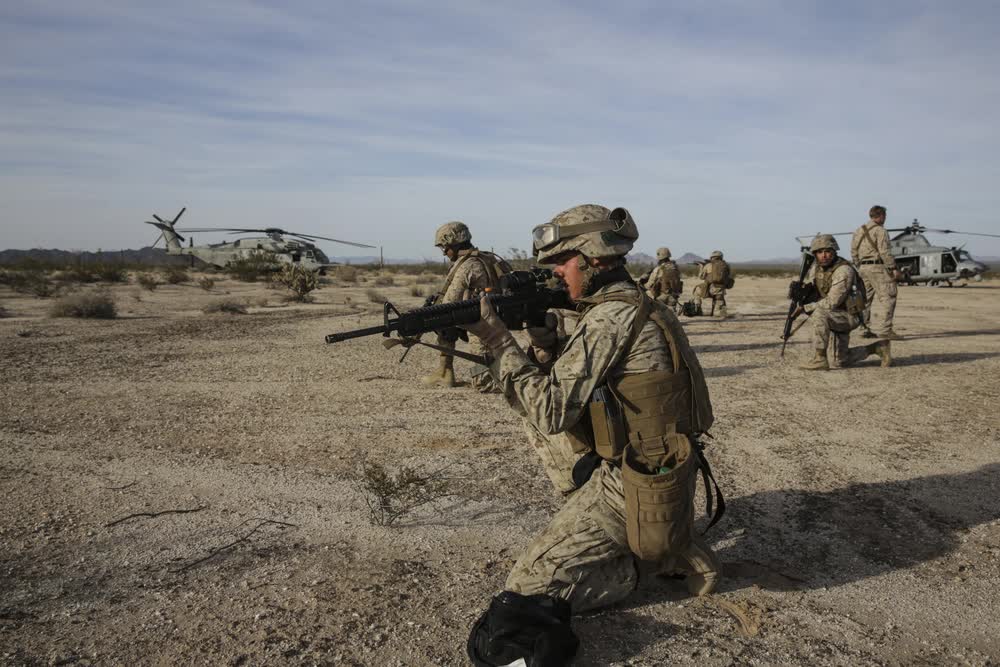Everyone and their mother has heard of the Navy SEALs. Propelled to fame after Operation Neptune’s Spear, the daring SEAL Team 6 mission that killed Osama bin Laden in 2011, the Navy SEALs have become a household name.
What is most widely known about the SEALs is their extremely hard selection and assessment process. Basic Underwater Demolition/SEAL (BUD/S) training is notoriously difficult, with an attrition rate hovering at between 70 percent and 85 percent for enlisted and over 90 percent for officers, thus making it one of the most selective special operations pipelines in the U.S. military.
In this highly selective process, one evolution stands out.
Hell Week and eternal sweating

Basic Underwater Demolition/SEAL (BUD/S) training is a six-month selection process and the path to becoming a Navy SEAL.
It is divided into three phases (First Phase, Second Phase, Third Phase).
The First Phase is the basic conditioning part of BUD/S, where students learn to work as a team and the instructors put increasingly more mental and physical pressure on them. This is when Hell Week takes place.
Lasting from Sunday evening to Friday morning, Hell Week forces students to run more than 200 miles, often with heavy rubber boats on their heads, swim endless miles, and do hours of physical training, all the while being cold, wet, and sandy. During the almost six-day evolution, students get approximately four hours of broken sleep.
“Hell Week occurs in the fourth week of a 26-week three-phase training known as BUD/S. Each phase gets harder, and runs and swims must be performed faster to pass. Hill climbing, long distant swims, longer runs, demotion on land and at sea, advanced weapons use, scuba diving day and night with pure oxygen rebreathers and hours-long underwater events create opportunities for multiple injuries to multiple organs, bones, skin, and brains,” Bob Adams, a retired Navy SEAL officer and doctor, told Sandboxx News.
Related: These are 3 popular misconceptions about the Navy SEALs

One of the most interesting medical oddities that happen to students during Hell Week has to do with their core temperature.
“Our core body temperatures at times dropped below 90 degrees (98.6 is normal) and now many years later all of us have core body temperatures below normal.” This matters because our brain (the hypothalamus) was permanently reset to a lower “normal” and when exercising or even sleeping our sweating is greater than others as the body tries to cool itself to the new set point,” Adams said.
After a dozen years in the SEAL Teams as an officer, Adams went to medical school and became an Army doctor, ending up as the command surgeon of the Army’s elite Delta Force. Adams details the incredible pressures that Hell Week puts on the body in his 2017 book, Six Days of Impossible: Navy SEAL Hell Week: A Doctor Looks Back.
“Some wives complained that they had to put plastic sheets on their beds as their husbands soaked the sheets every night for 6-12 months! There are similar reports of excess sweating in the medical literature from the marine survivors of the Chosin Reservoir winter battle during the Korean War where so many froze to death,” Adams added.
“My book Six Days of Impossible Navy SEAL Hell Week – A Doctor Looks Back tells the story of the men of Class 81 as we trudged on, shivered, and survived a winter Hell Week. Only 11 of 70 graduated,” Adams told Sandboxx News.
Related: How to get through Special Forces selection? Don’t be the ‘Grey Man’
The dangers of Hell Week

Naturally, Hell Week is a dangerous evolution, and there have been fatalities in the past.
When it comes to injuries during Hell Week and BUD/S in general, there are a few that tend to appear often across the board of candidates.
The most common injuries are tendonitis in most joints, plantar fasciitis of the foot, cuts and bruises, broken bones in hands, feet, arms, and legs, pneumonia, hypothermia, exhaustion to the point of hallucinations, and memory loss from the cold and calorie deprivation.
“Our bodies had never (and would never again) been pushed to the physical and mental limits that six days without sleep, icy cold, shivering constantly, and pushed to a level of exhaustion that resulted in hallucinations, would offer us. What happened to everyone includes iron-deficient anemia preventing us from donating blood the week after Hell Week, trench foot (a condition from constant wet boots) that caused toenails to fall off and feet to throb with minimal efforts, leg and foot swelling that made taking off our boots dangerous as we would not be able to put them back on,” Adams told Sandboxx News.
Hypothermia is very closely monitored by the instructors as it can be very dangerous and kill a student pretty fast. The physical, mental, and emotional exertions that are required to pass Hell Week are so big that some students report no memory of the event at all – they just wake up after the final day to discover it was over.
To have the energy to complete the evolutions, students consume over 8,000 calories per day throughout Hell Week but they still manage to lose weight.
Read more from Sandboxx News
- The favorite games of BUD/S instructors
- Garrett STAMP – The Marines nearly got a weird flying jeep during the Cold War
- Appearance is everything in the age of digital warfare
- F-35 versus A-10 showdown revived as new documents come to light
- SR-72? Hints of a new Skunk Works spy plane reignite rumors of a Blackbird successor
